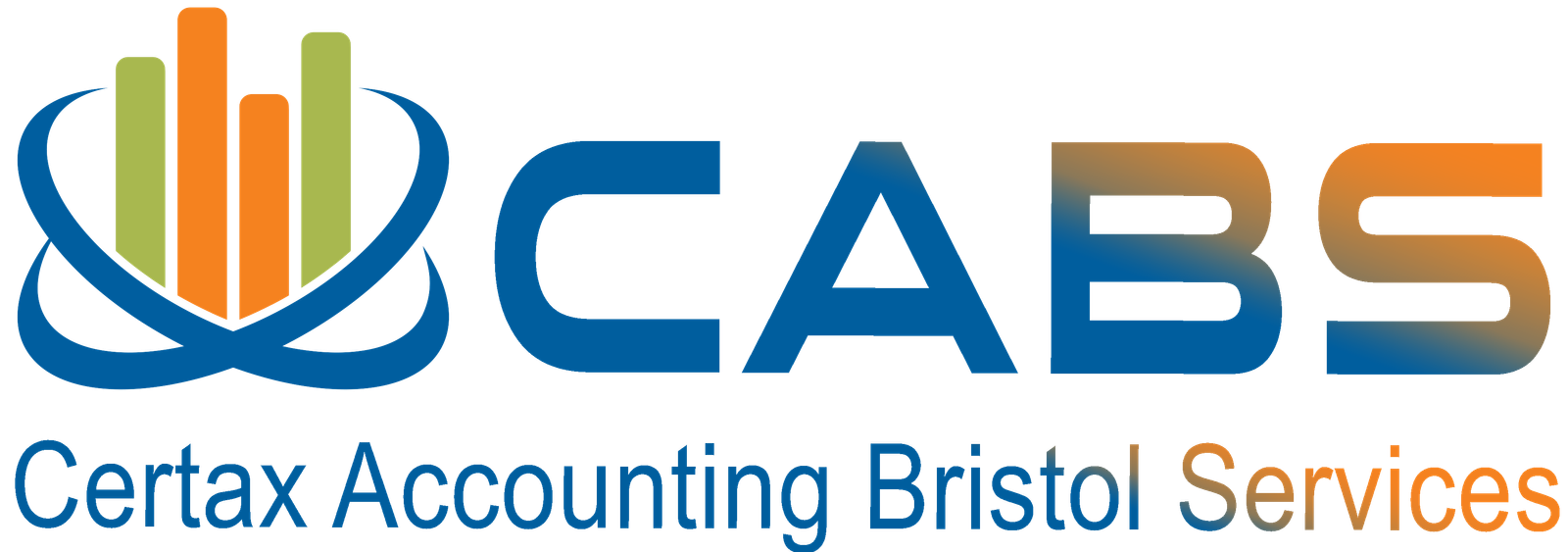Introduction
Managing payroll is a critical aspect of running a business. It involves calculating employee wages, withholding taxes, and ensuring compliance with labor laws. Efficient payroll processing is essential to maintain employee satisfaction and legal compliance. In this blog, we will explore the key components, benefits, and best practices of payroll processing.
Understanding Payroll Processing
What is Payroll Processing?
Payroll processing is the act of managing employee payments, including calculating salaries, deducting taxes, and distributing payments. It encompasses all activities from recording work hours to issuing paychecks and filing tax returns.
Key Components of Payroll Processing
Employee Information Management: Collecting and maintaining accurate employee details such as personal information, job titles, and wage rates.
Time Tracking: Recording hours worked, overtime, and leave taken to calculate accurate payments.
Wage Calculation: Computing gross wages based on hours worked and agreed-upon rates.
Deductions: Subtracting taxes, social security, health insurance, and other deductions from gross wages.
Payment Distribution: Issuing paychecks or transferring funds to employee bank accounts.
Tax Filing and Reporting: Submitting tax documents and payments to relevant authorities.
Benefits of Efficient Payroll Processing
Enhanced Accuracy and Compliance
Proper payroll processing ensures accuracy in wage calculations and tax deductions, reducing the risk of errors. Compliance with labor laws and tax regulations is crucial to avoid legal penalties and audits.
Improved Employee Satisfaction
Timely and accurate payroll processing boosts employee morale. When employees are paid correctly and on time, it fosters trust and loyalty, enhancing overall workplace satisfaction.
Time and Cost Savings
Automated payroll systems streamline the process, saving time and reducing administrative burdens. This allows businesses to allocate resources more efficiently and focus on core operations.
Best Practices for Effective Payroll Processing
Implement Payroll Software Using payroll software automates calculations, tax filings, and record-keeping. It minimizes errors and ensures compliance with the latest regulations. Choose software that integrates with your accounting system for seamless operations.
Maintain Accurate Records Keep detailed and up-to-date records of employee information, hours worked, and payroll transactions. Accurate records are essential for audits and resolving discrepancies.
Stay Informed About Regulations Regularly update your knowledge of labor laws and tax regulations. Staying informed ensures compliance and avoids potential legal issues.
Conduct Regular Audits Periodically review your payroll processes to identify and rectify any discrepancies. Regular audits help maintain accuracy and compliance over time.
Conclusion
Efficient payroll processing is vital for any business. It ensures accurate and timely employee payments, compliance with legal requirements, and improved overall business operations. By implementing best practices and leveraging payroll software, businesses can simplify payroll management, save time, and enhance employee satisfaction.

